There are many people who don’t believe in miracles and since they cannot believe in miracles themselves, they also need to convince others that miracles don’t exist. These people are rather poor since they will hardly experience miracles because they can’t see them. Take the miracle of a butterfly developing from a caterpillar. A person who does not believe in miracles will scientifically prove why a caterpillar develops into a butterfly. Why then does an earth worm not turn into a butterfly? It’s a miracle that every living thing develops from one single cell and yet they all turn into different creatures. It’s a miracle that we remain similar as a person even though we are babies at first, later adults, then old people. It’s a miracle that this process is the same everywhere even though people in different regions are exposed to completely different conditions. It’s a miracle when a child is born, a plant grows from a seed, a chick hatches or when a very ill person recovers, a violent person develops into a peaceful person.
People who believe in miracles will experience more miracles, they can live a wonder-ful life. People who don’t believe in miracles will see the world more often as imperfect and in need of improvement. It pays to believe in miracles, there is a definitive and proven effect when people believe in miracles: it improves their attitude towards life!
In this Pentecost-spirit, learn to see miracles and they will happen.
Have a wonder-ful new week
Gertrud Müller
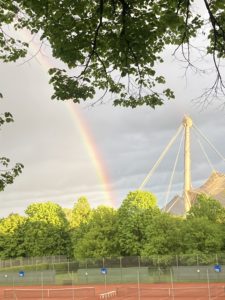

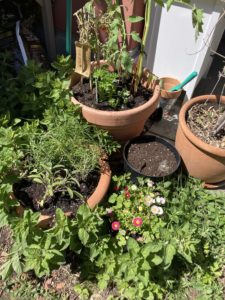
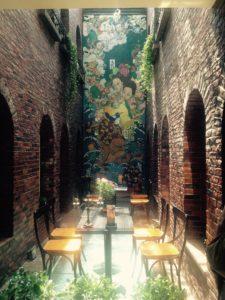

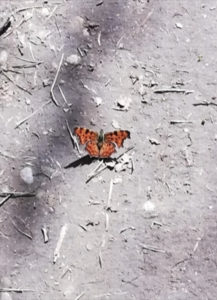 Foto Silvia Tauchmann
Foto Silvia Tauchmann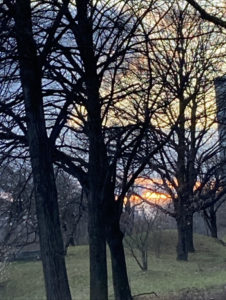
 Photo Silvia Tauchmann
Photo Silvia Tauchmann
 Artist: Gisela Schulze Bachmann
Artist: Gisela Schulze Bachmann